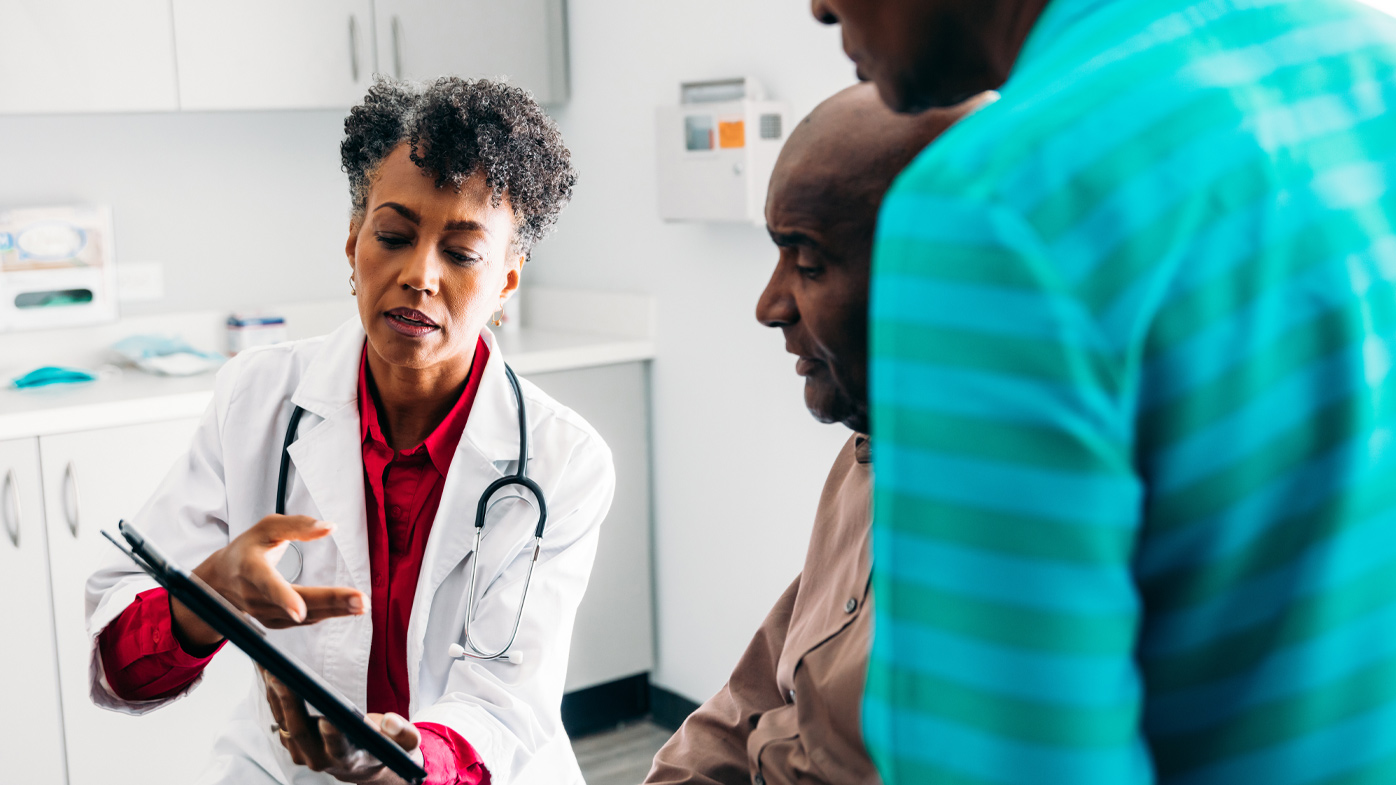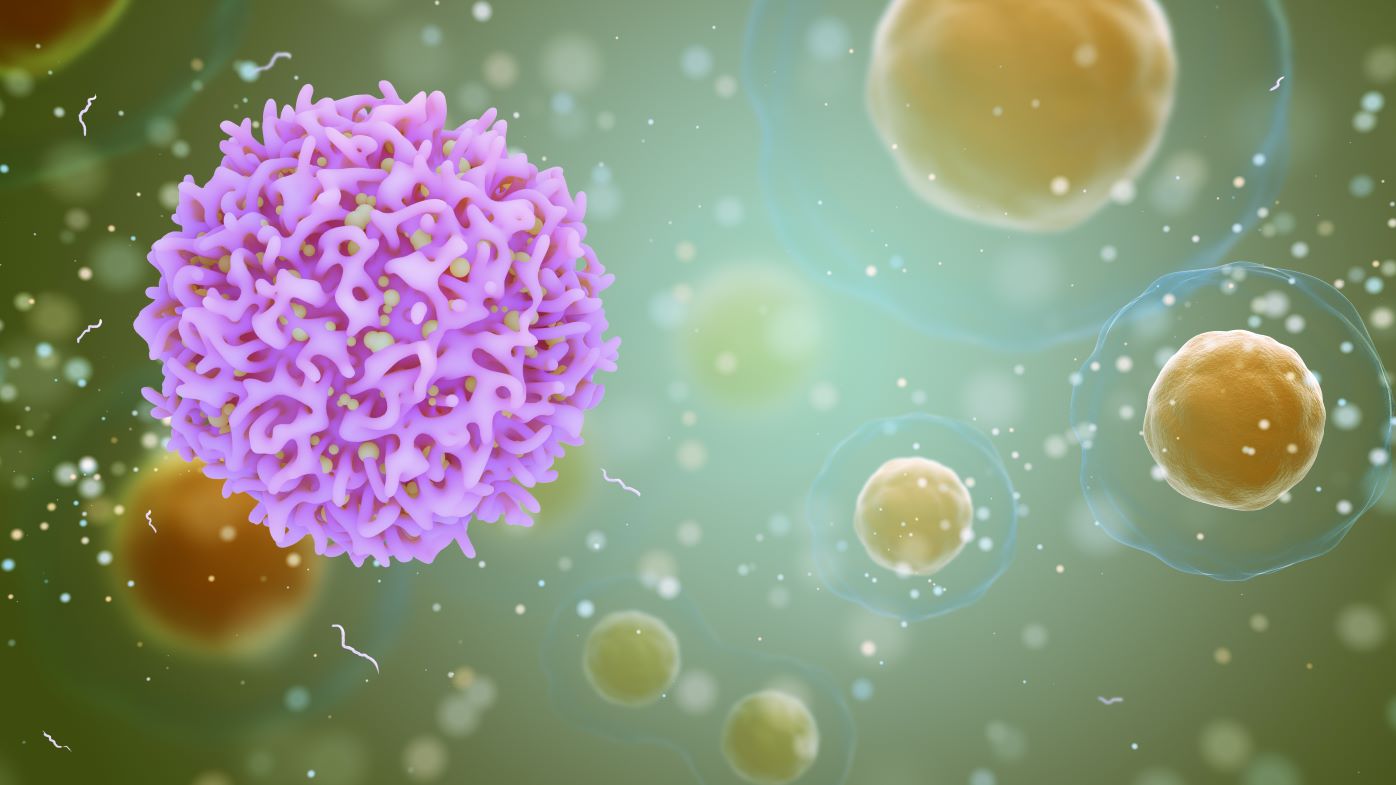
Anne Kerber, M.D., senior vice president, head of Cell Therapy Development
Anne: Bristol Myers Squibb is taking a deliberately broad approach with its research and development in cell therapy, as evidenced by our pipeline. We are looking to tackle industry challenges in order to deliver on the promise of cell therapy for the future. To do this, we are exploring novel ways to make autologous CAR T cell therapies more efficient, scalable and accessible through new manufacturing platforms. We are working to develop allogeneic, or off-the-shelf, CAR T cell therapy, which has the potential to get cell therapies to patients faster. We are also continuing to explore next-generation approaches to CAR T and other cell therapies to build on innovation in the understanding of hematologic malignancies, but also to enable treatment of solid tumors.
Q: What is the significance of the cell therapy data being shared at ASH 2021?
Anne: Our data at ASH demonstrate the potential of cell therapy to be practice-changing in hematologic cancers with the goal of improving upon standards of care. Cell therapy as a “living product” has the potential to provide an effective, personalized, one-time treatment that really changes how cancer treatment is approached.
Q: How is Bristol Myers Squibb working to disrupt immune suppression?




